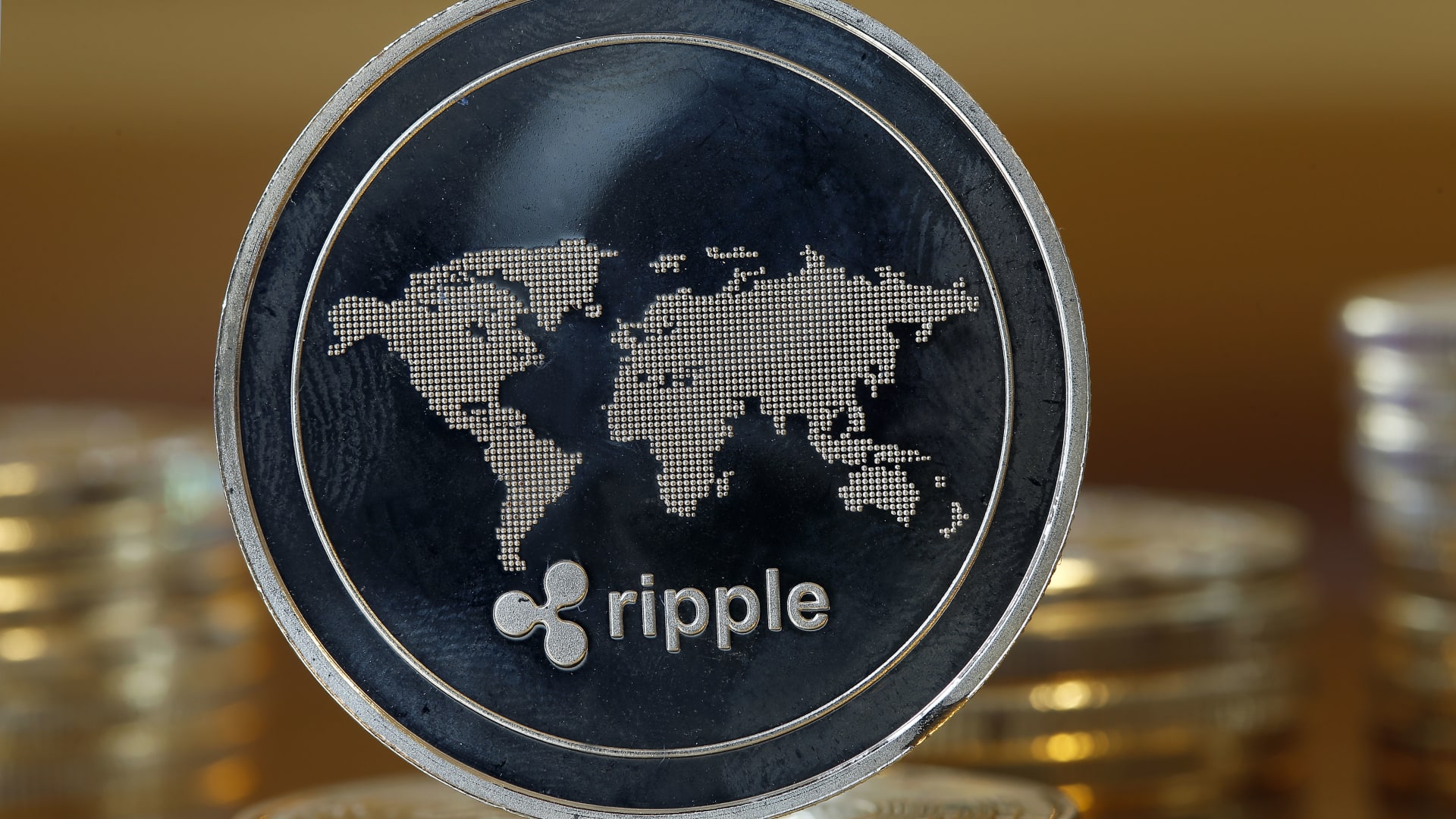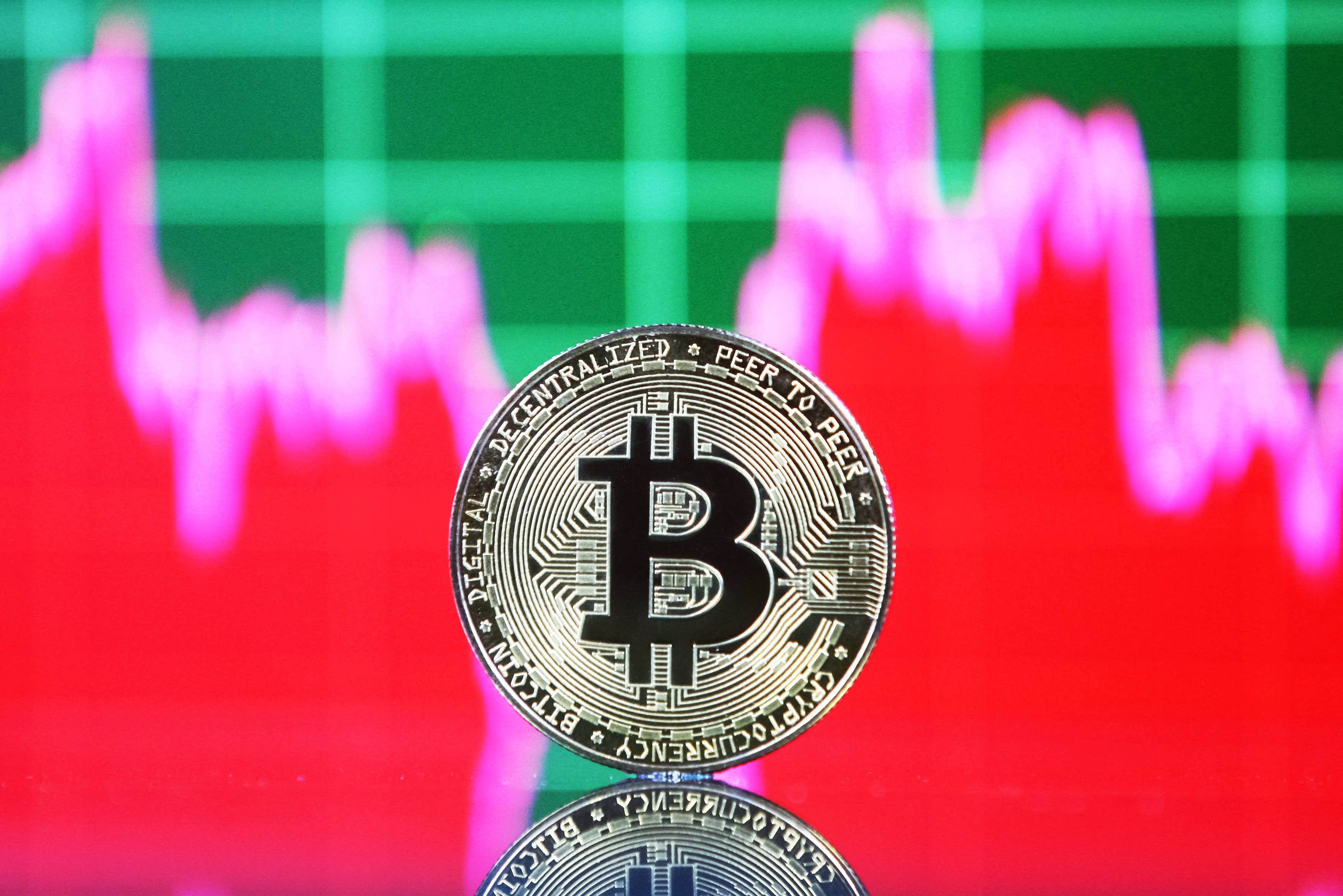Blockchain startup Ripple is confident U.S. banks and other financial institutions in the country will start showing interest in adopting its XRP cryptocurrency in cross-border payments after a landmark ruling determined the token was not, in itself, necessarily a security.
The San Francisco-based firm expects to start talks with American financial firms about using its On-Demand Liquidity (ODL) product, which uses XRP for money transfers, in the third quarter, Stu Alderoty, Ripple’s general counsel, told CNBC in an interview last week.
related investing news
Last week, a New York judge delivered a watershed ruling for Ripple determining that XRP itself is “not necessarily a security on its face,” contesting, in part, claims from the U.S. Securities and Exchange Commission against the company.
Ripple has been fighting the SEC for the past three years over allegations from the agency that Ripple and two of its executives conducted an illegal offering of $1.3 billion worth via sales of XRP. Ripple disputed the claims, insisting XRP cannot be considered a security and is more akin to a commodity.
Ripple’s business suffered as a result, with the company losing at least one customer and investor. MoneyGram, the U.S. money transfer giant, ditched its partnership with Ripple in March 2021.
Meanwhile, Tetragon, a U.K.-based investor that previously backed Ripple, sold its stake back to Ripple after unsuccessfully trying to sue the company to redeem its cash.
Asked whether the ruling meant that American banks would return to Ripple to use its ODL product, Alderoty said: “I think the answer to that is yes.”
Ripple also uses blockchain in its business to send messages between banks, kind of like a blockchain-based alternative to Swift.
“I think we’re hopeful that this decision would give financial institution customers or potential customers comfort to at least come in and start having the conversation about what problems they are experiencing in their business, real-world problems in terms of moving value across borders without incurring obscene fees,” Alderoty told CNBC Friday.
“Hopefully this quarter will generate a lot of conversations in the United States with customers, and hopefully some of those conversations will actually turn into real business,” he added.
Ripple now sources most of its business from outside of the U.S., with Alderoty previously telling CNBC that, “[Ripple], its customers and its revenue are all driven outside of the U.S., even though we still have a lot of employees inside of the U.S.,” he added.
Ripple has over 750 employees globally, with roughly half of them based in the U.S.
XRP is a cryptocurrency that Ripple uses to move money across borders. It is currently the fifth-largest cryptocurrency in circulation, with a market capitalization of $37.8 billion.
The company uses the token as a “bridge” currency between transfers from one fiat currency to another – for example, U.S. dollars to Mexican pesos – to solve the issue of needing pre-funded accounts on the other end of a transfer to wait for the money to be processed.
Ripple says XRP can enable money movements in a fraction of a second.
Still, the ruling did not represent a total win for Ripple. While the judge stated XRP was not a security, they also said that some sales of the token did qualify as securities transactions.
For example, about $728.9 million of sales of XRP to institutions the company worked with did qualify as securities, the judge said, stating there was a common enterprise, an expectation of profit.
Alderoty conceded it was not a total win for Ripple, and that the company would study the decision in due course to see how it affects its business.
“She [Judge Analisa Torres] found — although we had disagreed with her — that our earlier sales directly to institutional buyers had the attributes of a security and should have been registered,” he said.
He said Ripple’s business as it stands would be unaffected by that component of the ruling as its customers are primarily located outside of the U.S.
“We’ll study the the judge’s decision, we’ll look at our clients’ needs to look at the market, and see if there’s a situation here that complies with the four corners of what the judge found when it comes to institutions,” he said.


